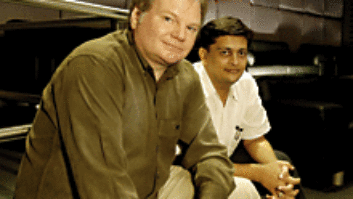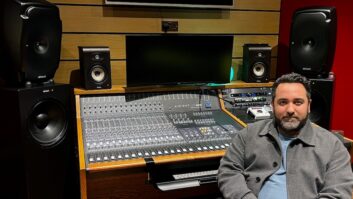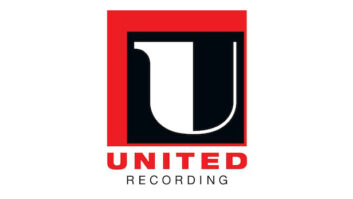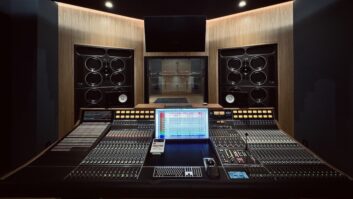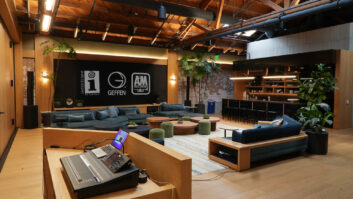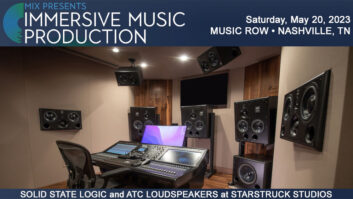THE MAN FROM DISC
The music industry has no shortage of consultants who offer, for a fee, to guide the uninitiated and veterans alike through the “business.” Over the past decade, any number of marketing services popped up to help studios find new revenue streams. Before that, it was artist/producer managers. But where does a studio owner turn to learn about the performance of their rooms?
Yes, there are a number of acousticians and room tuning specialists, but there’s a relatively new program out of England that is gaining popularity. Four years ago, UK-based studio design firm Recording Architecture created DISC, a service that, for a $1,500 annual fee, would bring in acoustician and RA partner Nick Whitaker. He checks the control room and its monitoring system, using TEF software for anomalies and specifies a correction.
Since incorporating DISC three years ago as its own company with Whitaker at the helm (the other RA principal, Roger D’Arcy, chose not to pursue this venture, though both remain partners in RA, which has built over 400 studio and post facilities in 14 years), 65 facilities have signed on with DISC, most of them Recording Architecture clients. But, says Whitaker, that’s been changing.
“It makes perfect sense that we would have marketed this idea to studios with which we already had a relationship,” he says. “But the service is far broader than that. Any studio can benefit from regular acoustical and monitoring maintenance. The level of quality of studios and of monitoring environments out there varies widely and dramatically. Having DISC do its thing on the studios not only re-establishes the integrity of the room, but also lets the world know that you’ve done so.”
DISC facilities include Digital Creation in Cyprus, Studios 301 in Sydney, Spectral Harmony Studio in Bombay and a growing number of U.S. facilities — including Rainmaker post in Richmond, Va., OOrong in Manhattan and Terrarium in Minneapolis — since the company opened an office in Richmond last year. A global directory (DISC stands for Directory of International Studios and Control Rooms) lists them all.
Whitaker works with whatever technology platforms and gear a studio chooses to use. “There are obviously some things we have our own preferences for,” he says, “but in terms of recommending or approving particular equipment, the short answer is ‘no.’ The directory will be able to tell you what other main equipment information the studio has, from consoles to tape machines. The point really is that Studio X has a pair of Y-brand speakers. If the studio has DISC accreditation, those speakers and their monitoring are optimized to an acceptable degree and maintained that way.
“And, in the end, that’s really what we’re selling — confidence in your monitoring system and control room acoustics,” he continues. “It’s after-care, and that’s a notion that’s been going out of style lately, isn’t it? For us, this is a way to offer premium service to design customers and to any facility.”
The DISC concept seems to be attractive also because the professional organizations on both sides of the Atlantic have issued little in the way of standards or guidelines for acoustical environments, “which kind of figures, since if the APRS issued guidelines about monitoring, half of its biggest studio members would fall short,” Whitaker comments.
“But look,” he adds, “the quality of music is definitely slipping, partly because there are so many more facilities and because things like Pro Tools have lowered the price of entry into the business. The horrific idea of some people buying equipment and sticking it in any old room is something that’s happening more than ever. Well, I’m not judging the equipment nor am I judging the intent of many people who use it. I’m just saying that whatever you’re using and whatever you’re doing, you can access an accurate way to listen to it.”
Dan Daley is Mix‘s East Coast editor.
